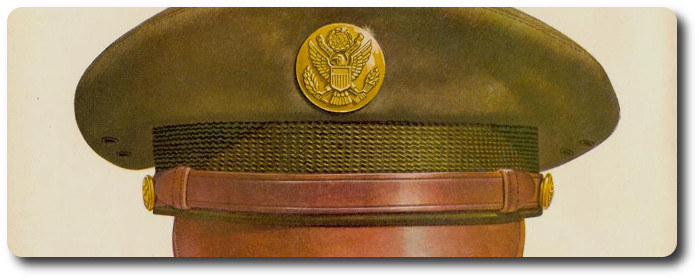Topic: Leadership

Leadership Traits
FM22-10, Department of the Army Field Manual; Leadership, March 1951
a. Alertness is vigilance, promptness, and wide-awakeness.
b. Bearing denotes desirable physical appearance, dress, and deportment.
c. Courage must be both physical and moral.
d. Decisiveness is the ability to make decisions promptly when indicated and announce them authoritatively, concisely, and clearly.
e. Dependability is the doing of one's duty with or without supervision.
f. Endurance both mental and physical, is necessary to continue and complete any reasonable task.
g. Enthusiasm is the positive zeal or interest in the task at hand. It is easily communicated to subordinates.
h. Force is the ability to impose one's will upon another.
i. Humility is freedom from arrogance and unjustifiable pride.
j. Humor is the capacity to appreciate the many amusing or whimsical happenings of our everyday life, especially those which pertain to the leader himself.
k. Initiative is the willingness to act in the absence of orders and to offer well considered recommendations for the improvement of the command.
1. Integrity is the honesty and moral character of the leader that must be unquestioned.
m. Intelligence is the intellect of the leader which must be adequate to master the problems presented by his level of command.
n. Judgment is the power of the mind to weigh various factors and arrive at a wise decision.o. Justice is being equitable and impartial in bestowing favors and punishment.
p. Loyalty must extend both up and down. A leader cannot expect loyalty from his subordinates unless he is conspicuously loyal to them and to his superiors.
q. Sympathy is the capacity of sharing the feelings of those with whom one is associated.
r. Tact is the ability to deal with subordinates and superiors in an appropriate manner without giving offense.
s. Unselfishness is the studied avoidance of caring for or providing for one's own comfort or advantage at the expense of others.

